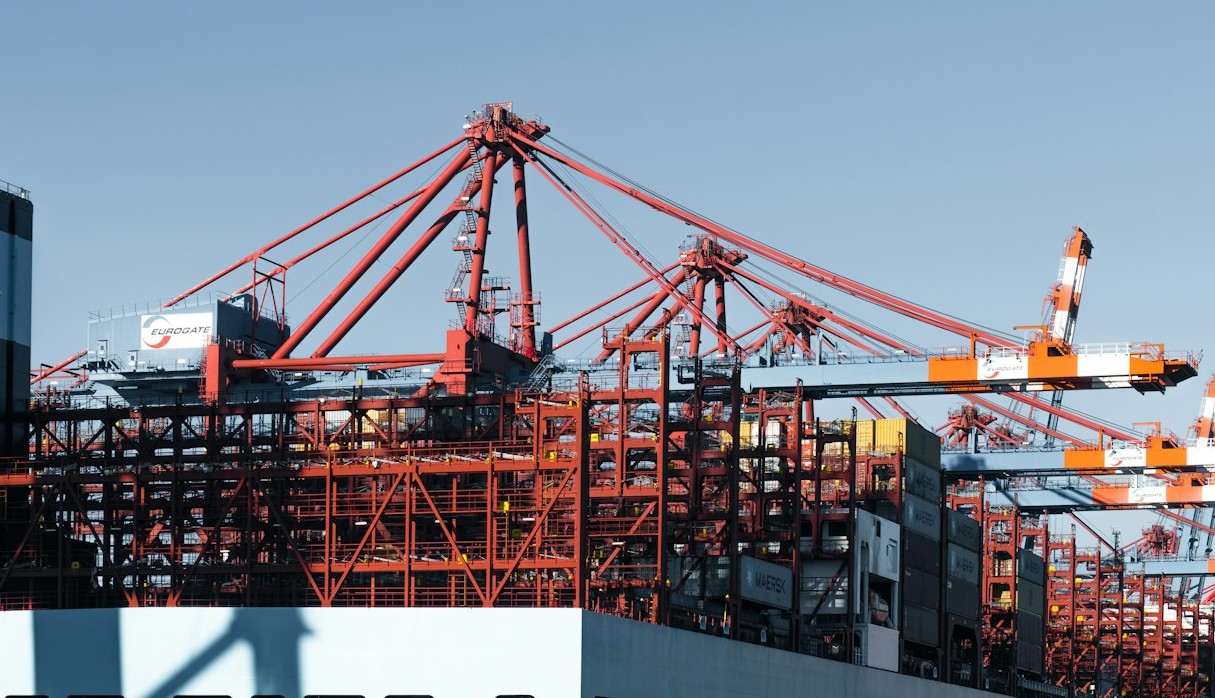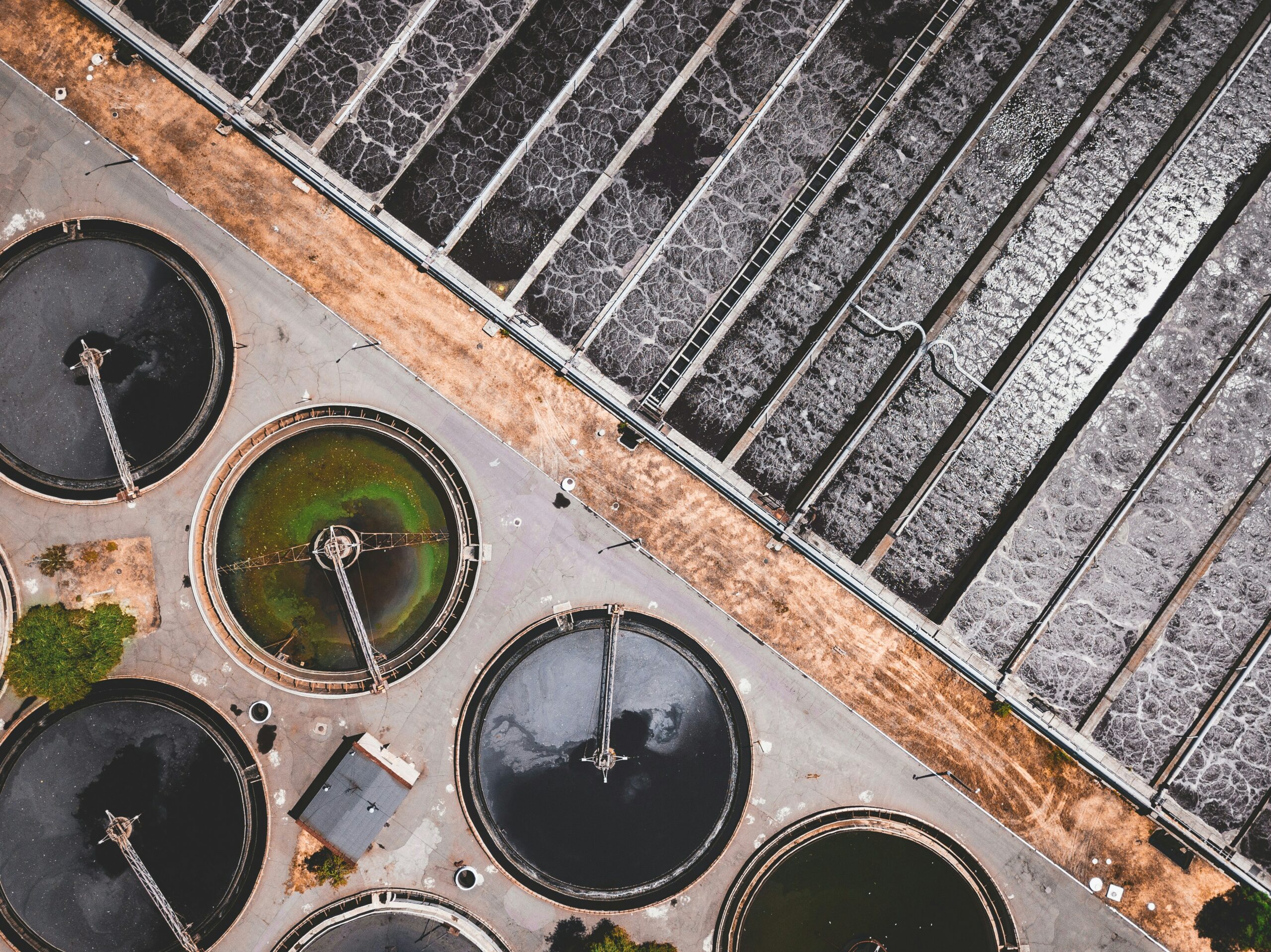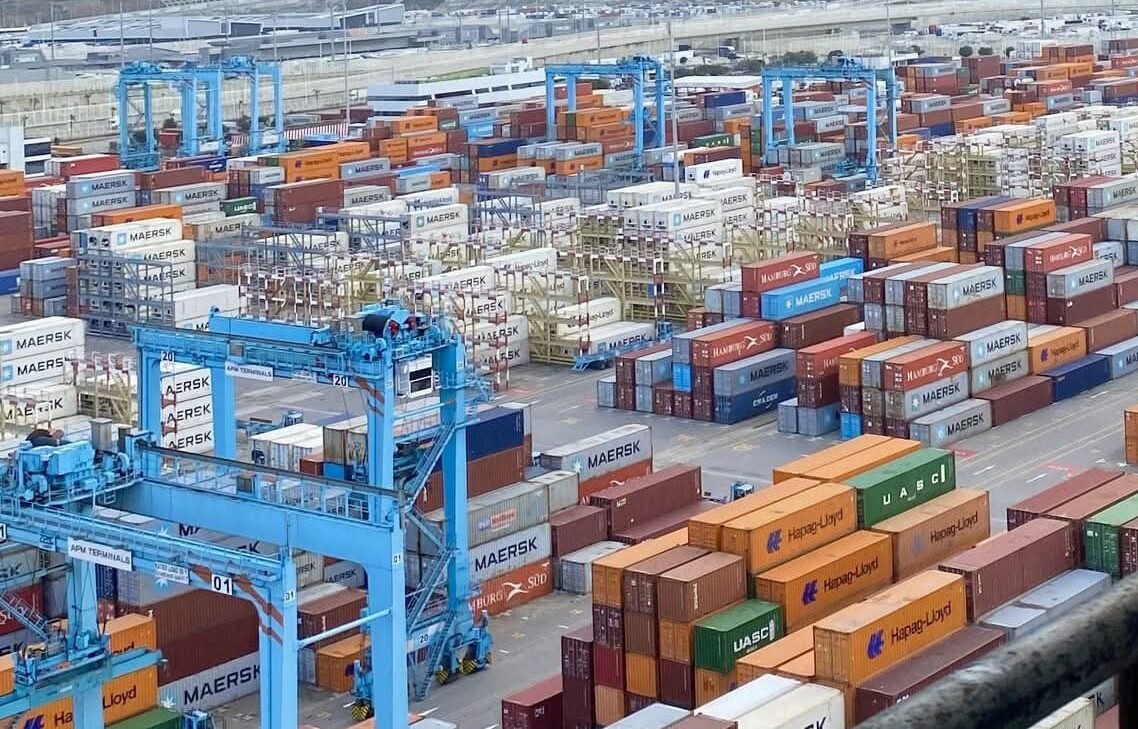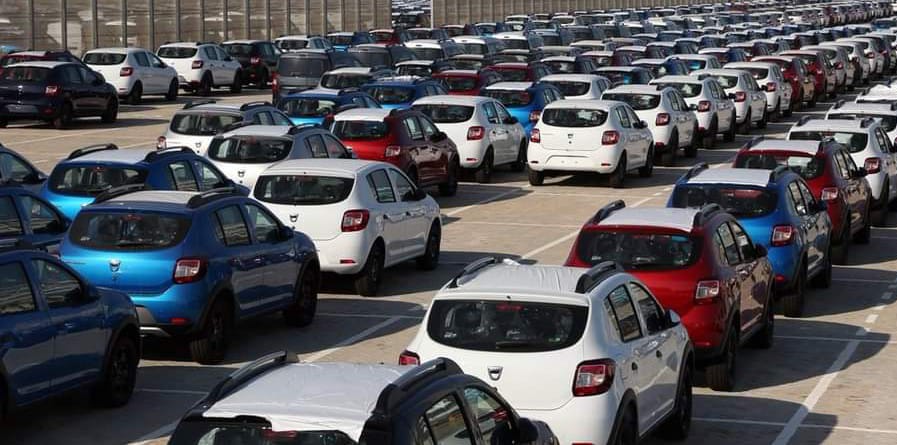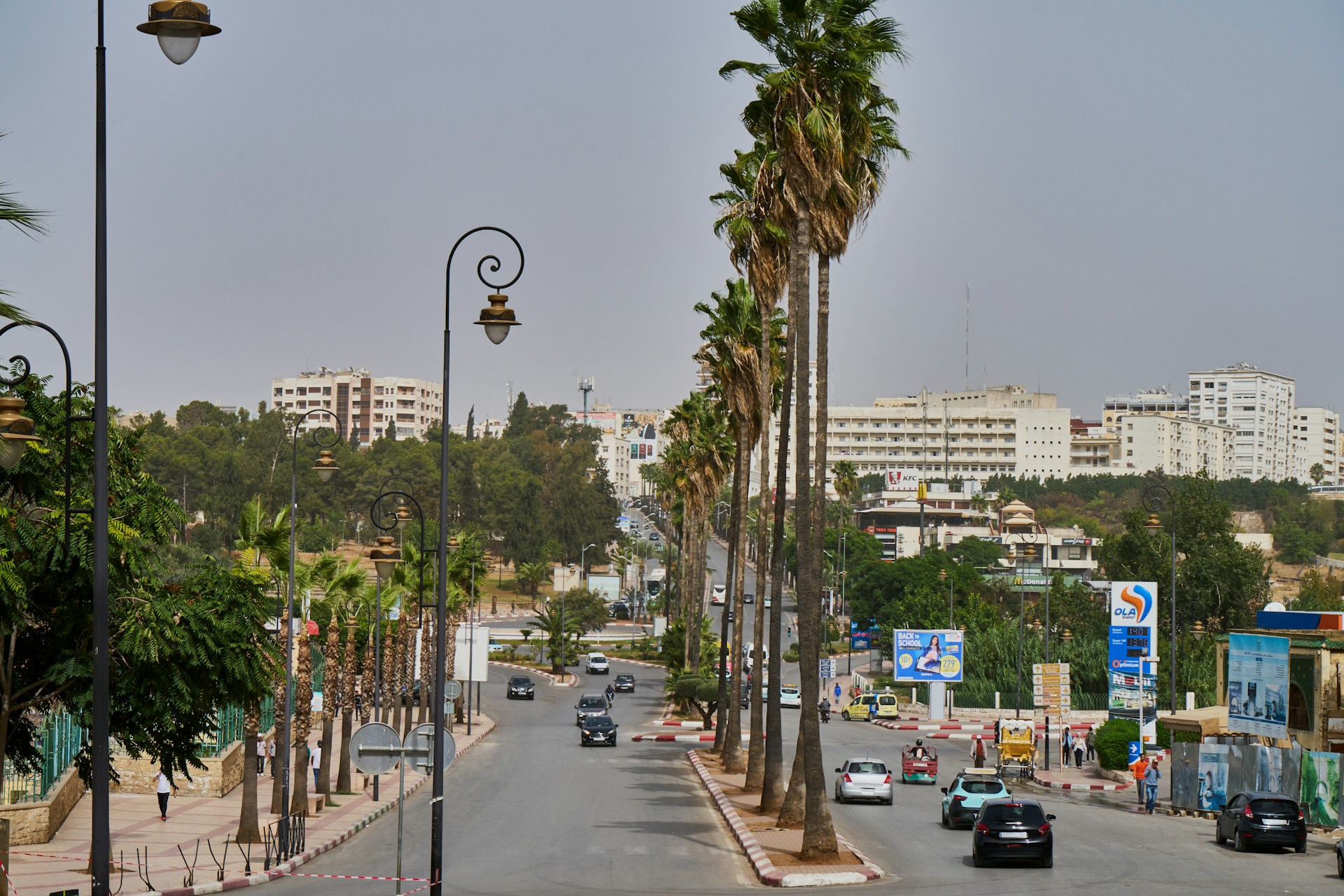Casablanca – The Nigeria–Morocco gas pipeline project, a flagship initiative aimed at reshaping energy cooperation between West Africa and Europe, has entered a new phase following the completion of its preliminary engineering and design studies. Moroccan Energy Transition Minister Leila Benali confirmed the milestone during a parliamentary session this week, describing it as a “strategic step forward” for regional energy integration.
A continental infrastructure of strategic scale
Initially proposed in 2016 and formalized through bilateral agreements between Nigeria and Morocco, the project envisions a 5,600-kilometer pipeline running along the West African coast, transporting natural gas from Nigeria to Morocco, with the potential to connect to European energy markets via existing networks in northern Morocco and Spain.
Once completed, the pipeline is expected to cross over a dozen countries including Benin, Togo, Ghana, Côte d’Ivoire, Liberia, Sierra Leone, Guinea, Guinea-Bissau, Gambia, Senegal, Mauritania, and Morocco. The project also aligns with the goals of the Economic Community of West African States (ECOWAS), whose member countries have been involved in recent coordination meetings.
Current progress and ongoing studies
According to Minister Benali, while feasibility, technical, and engineering design studies have been finalized, work is now focused on field assessments and environmental and social impact studies. These assessments cover multiple segments of the pipeline, notably the section involving Senegal, Mauritania, and Morocco. The project is structured into three main phases, and the countries involved are currently prioritizing groundwork needed to initiate actual construction.
In Morocco, the government has launched calls for expressions of interest regarding the extension of the domestic gas grid to the southern city of Dakhla, with plans to connect it to the transcontinental pipeline. This effort forms part of a broader national strategy to position Morocco as a central energy transit hub between Africa, the Atlantic Basin, and Europe.
Strategic goals and economic impact
The gas pipeline is designed not only to improve regional energy security but also to spur economic development in participating countries by enhancing access to reliable energy, attracting foreign investment, and creating employment opportunities. In Morocco specifically, officials expect the project to contribute to efforts to diversify energy sources and reduce dependency on imported fuels.
Benali emphasized that the pipeline will support the country’s goal of boosting the share of renewable energy in the national energy mix. Morocco has already raised this share from 37% in 2021 to 45% in April 2025, with ongoing projects aiming to further increase energy efficiency and production capacity.
Financial scope and regional collaboration
While an exact timeline for construction has yet to be announced, previous estimates placed the full development period at over a decade, with phased implementation and international partnerships expected to ease the financial burden. The project is backed by state-owned energy firms from both Nigeria and Morocco, with the support of regional institutions and multilateral funding bodies.
According to reports, the total cost of the project could exceed $25 billion, making it one of the most ambitious energy infrastructure projects in Africa. The pipeline is projected to transport up to 30 billion cubic meters of gas per year upon full completion.
Domestic energy challenges and broader context
Despite the optimism surrounding the pipeline, Morocco continues to face domestic energy challenges. Parliamentary debates this week highlighted issues such as power outages in rural areas, fuel price volatility, and technical concerns at renewable energy plants, such as the Noor 3 solar station. The government has earmarked approximatly $2.7 billion to reinforce the national electricity transmission grid through 2030.
Meanwhile, some lawmakers have questioned whether falling global oil prices are being reflected in domestic fuel costs, calling for greater transparency and oversight of the energy market.
A project of continental significance
As work progresses on the Nigeria–Morocco gas pipeline, the project continues to attract regional and international attention for its potential to transform West African energy dynamics and provide a viable alternative supply route for European markets amid shifting geopolitical realities.
Though still in early stages, the pipeline is seen as a long-term bet on pan-African cooperation, energy transition, and infrastructure connectivity that could redefine how energy flows across continents.

